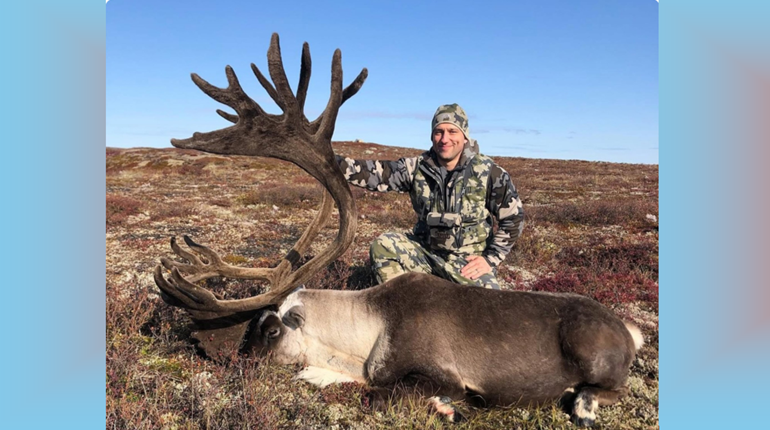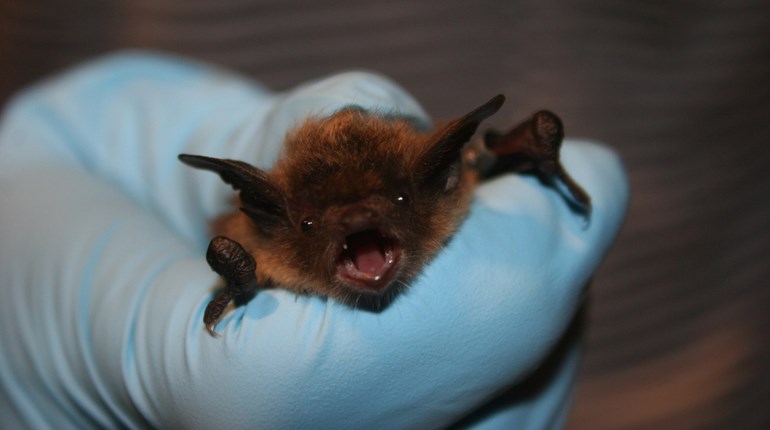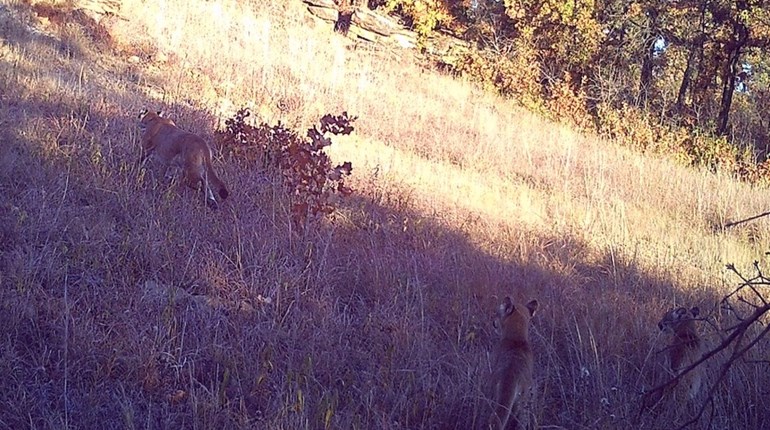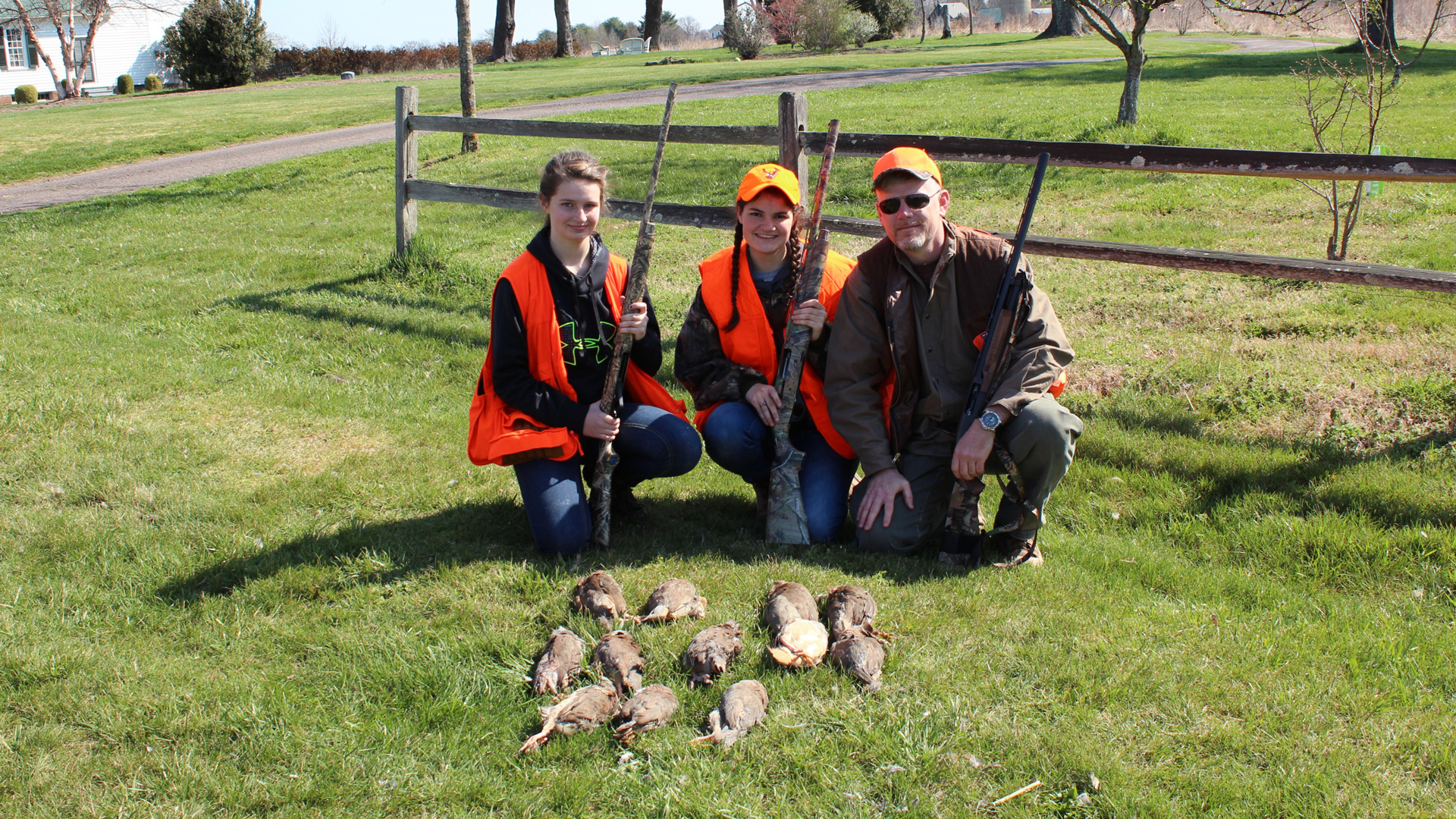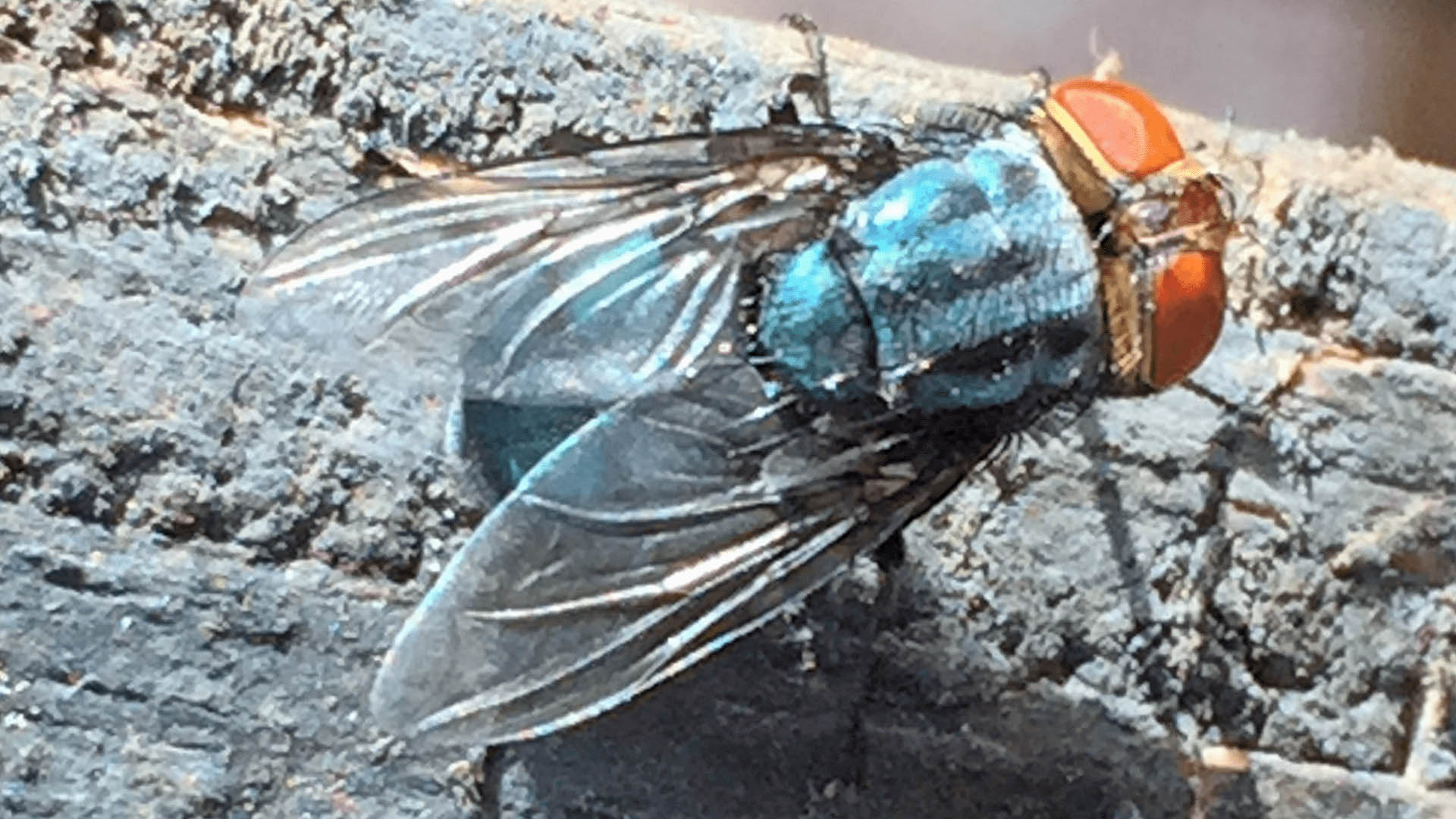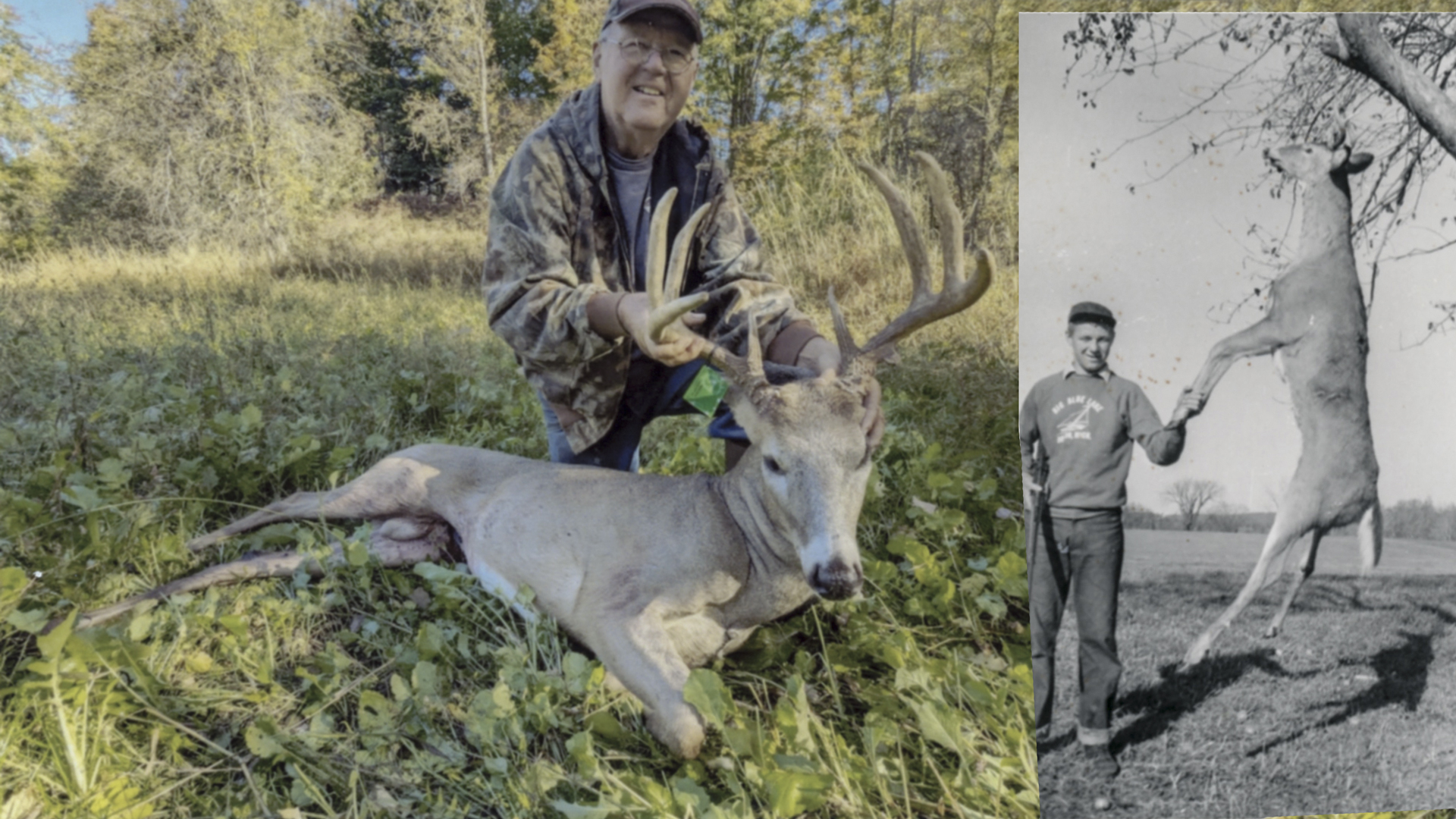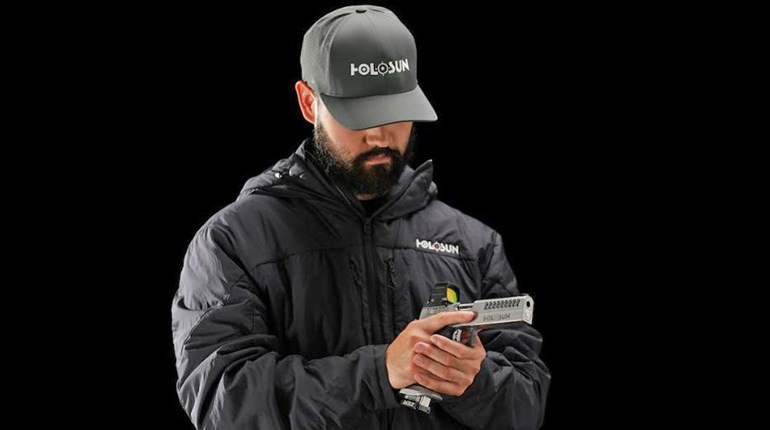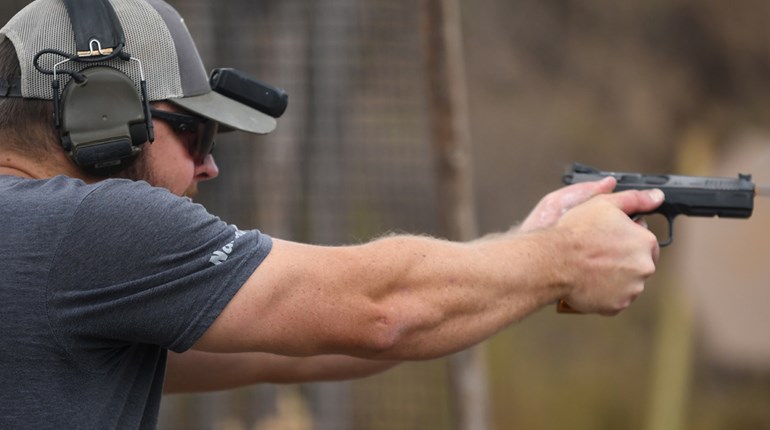
Dear Jack,
You're just a shade under four months, but already duck hunting surrounds you. From my shoulder, you've admired the mounted ducks shot by Pop Pop and me; when it's my turn to drop you off at daycare, you arrive in a marsh grass pattern; and we've already discussed your first shotgun ("You think Jack will like 30 or 32 inch barrels?").
Obviously your family assumes you may like to hunt ducks one day, but ultimately that choice will be yours. If you do choose to participate, I hope you find it as enjoyable and—no exaggeration—as fulfilling to the soul as I have over the years. To do so requires certain principles, which I share with you now.
You are not a killer; you are a hunter-conservationist.
Young hunters or those of immature intellect can easily get caught up in the numbers. If your goal becomes shooting limits of ducks, you're not only setting yourself up for failure, you're missing the point: Hunt ducks because you love them. Appreciate the resource. Take boyish pleasure regardless of your age in the number and diversity of North American waterfowl.
And always put back more than you take. Commit yourself to preserving healthy waterfowl populations by offering physical and financial capital to conservation. Above all, learn what it means to be a hunter-conservationist—not just someone who shoots ducks—and don't be influenced by those who don't know the difference.
Clean your gun.
Not because you have to, but because it's the right thing to do. Cleaning your shotgun doesn't just keep it functional—it shows respect for the firearm, the freedom to own it, and the responsibility of having one; it pays homage to the craftsman who made it; and caring for what's yours is important in any facet of life. Show me a man with a rusty shotgun, and I'll show you someone who lacks discipline in many aspects of his life. Lastly, some of the guns in the safe were given to me by your Pop Pop—take extra care of those.
Appreciate the past.
More than any other form of hunting, waterfowling is a link to our heritage. Appreciate this component. Study the history of the Chesapeake Bay retriever, decoy carving and even market gunning. Learn how early 20th century duck hunters recognized the damage being done to waterfowl populations, instituted migratory bird laws and volunteered to be taxed. The story is fascinating, and you will appreciate the tradition all the more.
Learn to cook.
No, you don't need to become a professional chef, but a properly prepared duck on the table is a special thing. Learn to do it right and take the time to do so. It honors the bird and is a proper celebration of the hunting experience.
Learn to ID ducks on the wing.
This will help you put more birds in the bag and mind the law, but namely I include it for enjoyment's sake. The ability to identify ducks on the wing, even at great distance, is an essential skill for those who appreciate waterfowl. You may not shoot a lot of ducks on any given day—but you'll know what you saw. And, if the list includes a duck never before seen in your area or with your eyes, well, to me few thrills are as great.
Note, dear son, that this list does not include tactics nor much advice at all that will help you shoot more ducks. The lack of emphasis is intentional. For I have learned that there will always be men who shoot more ducks than me, but few who enjoy it so much.
Love,
Dad













